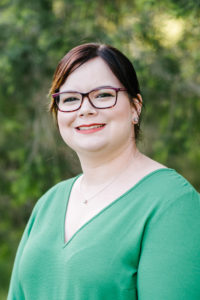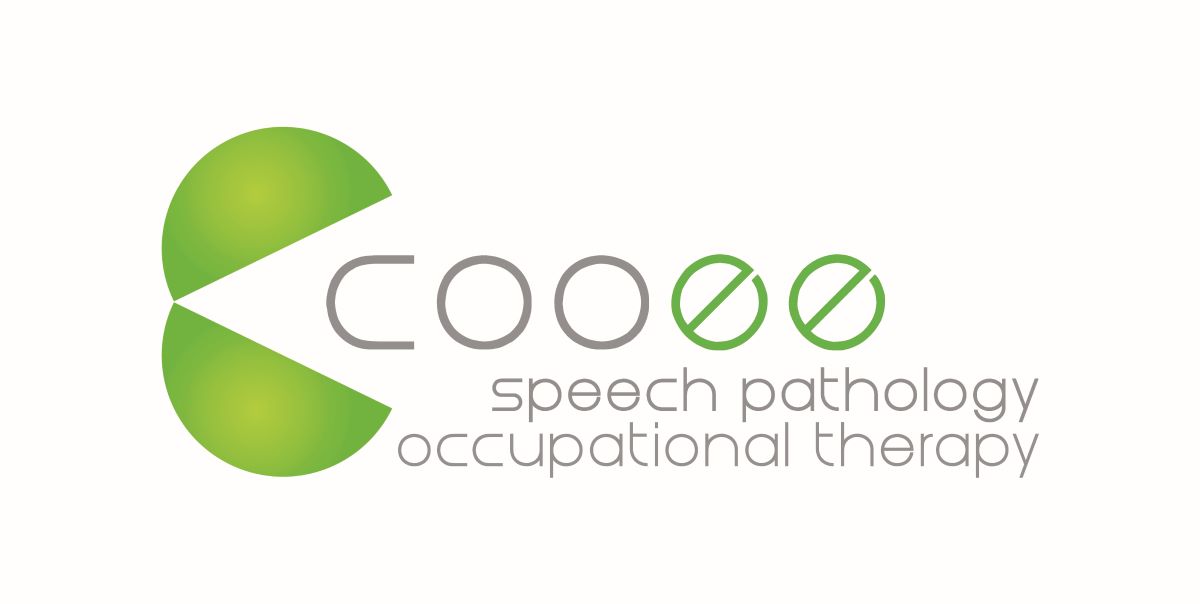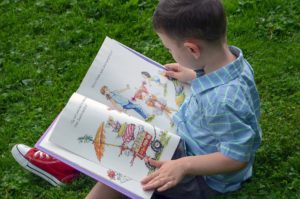What is literacy?
Our North Brisbane Speech Pathologists are talking about literacy and how speech pathology can help.
Literacy refers to the ability to read and write. These are skills that are important for school, work and home. Speech-language pathologists (SLP’s) can help people to learn to read and write. SLP’s also understand and have knowledge of communication development, processes and disorders and how language skills relate to literacy skills. When children have difficulty acquiring language, they are at high risk for difficulties learning to read and write, listen and speak. Literacy also refers to the foundational skills of phonemic awareness and phonological awareness required for reading and writing.
What is phonological awareness?
Phonological awareness refers to the pre-reading skills that children typically need to develop in the preschool years. These skills include understanding how words are made up of individual sounds and how they can be manipulated and changed to create new words. It is through using phonological awareness skills that children start to recognise the sound of language (phonology) and how different letters and sounds create words.
Phonological awareness skills include:
- Rhyming
- Alliteration
- Segmenting words into individual sounds
- Blending separate sounds into words
- Manipulating sounds in words to create new words – through taking away or adding sounds
- Understanding that words are made up of sounds that are represented by letters
What is phonemic awareness? 
Phonemic awareness encompasses letter sound knowledge. It is the specific ability to identify, focus on and manipulate individual sounds (or phonemes) in spoken words. Phonemes or letter sounds are the smallest units in spoken language and they are combined to form syllables and words.
To read, children need to be able to do the following:
- Recognise letters and identify the sound they make
- Blend sounds together to make a word
- Recognise whole words – ones that cannot be sounded out such as ‘was’
- Understand the meaning of words
- Remember a string of words and understand their meaning in a sentence
- Relate and reference different sentences to each other.
To write, children need to:
- Think of a sentence
- Break it into separate words
- Break each word into its individual sounds
- Relate the sound to letter shape and write it
- Write a series of letter shapes in the appropriate sequence for the word
- Form a series of words to make a sentence and link a series of sentences to make a paragraph/text
- Remember to use punctuation and grammatical structures.
What can a speech pathologist do to help?
Assess your child’s strengths and weaknesses in terms of their phonological awareness, phonemic awareness and reading and/or writing skills. Therapy to develop speech, language and phonological awareness skills typically supports the development of literacy skills.
When to see a speech pathologist
Children should see a speech pathologist early if they are having difficulty learning to read, write and spell. If you have any concerns about your child’s literacy development, please contact us at [email protected] or on 3265 4495.

Emma Lefever
Speech Pathologist

